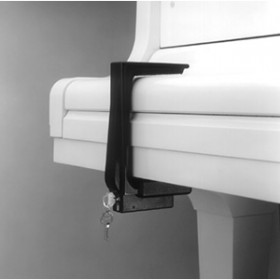 After I play through a program or a piece for someone (as a step in preparing for public performance), I don’t return to the piano to practice. It can be difficult, if something went badly and I want to work on it. But the separation — practicing for the real concert by preserving the “non-take-twoness” of the performing experience — matters most.
After I play through a program or a piece for someone (as a step in preparing for public performance), I don’t return to the piano to practice. It can be difficult, if something went badly and I want to work on it. But the separation — practicing for the real concert by preserving the “non-take-twoness” of the performing experience — matters most.
I’ve read of Busoni returning to the hall to play through an entire concert after the audience departed. For me, it seems a bad idea, a misunderstanding. What has “gone wrong” in a performance, what doesn’t satisfy the player, frequently doesn’t result from lack of practicing or lack of physical skill. Problems arrise from a lack of readiness for the encounter with the heightened awareness, the fluttering stomach, the frisson of the concert.
I can get ready more reliably by drawing a frame around my playing, previewing the once-and-only-once mindset of the concert. And as I don’t play after run-throughs, I also do not play for 30 minutes before run-throughs.
I take the sometimes bitter pill and do not touch the piano.

Sensible advice! I think it’s important to retain a memory of the performance (whether it is a real performance or a run through) and to accept, if something has gone wrong, that one cannot go back and change it. Time away from the piano allows one thinking space to consider the music in an objective way.